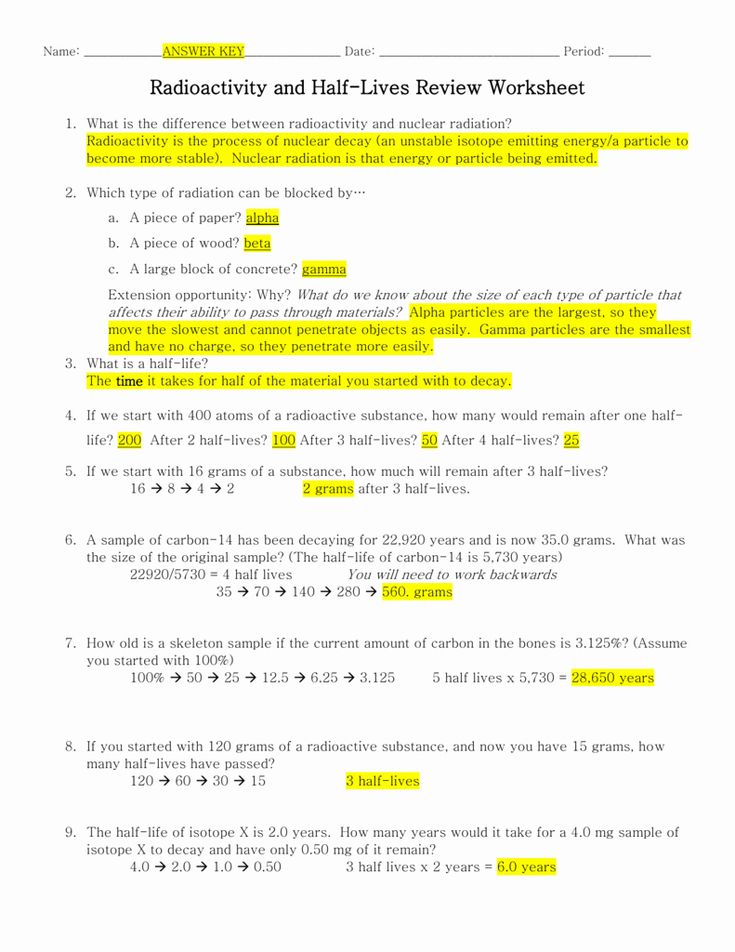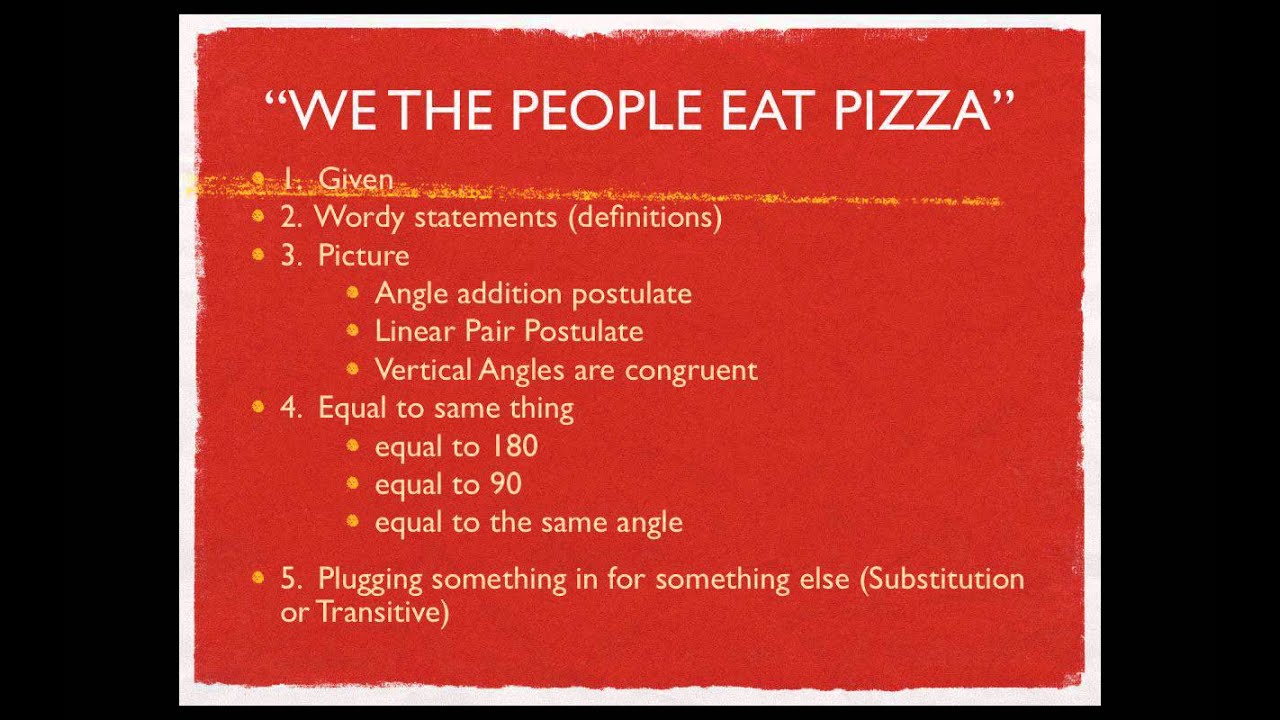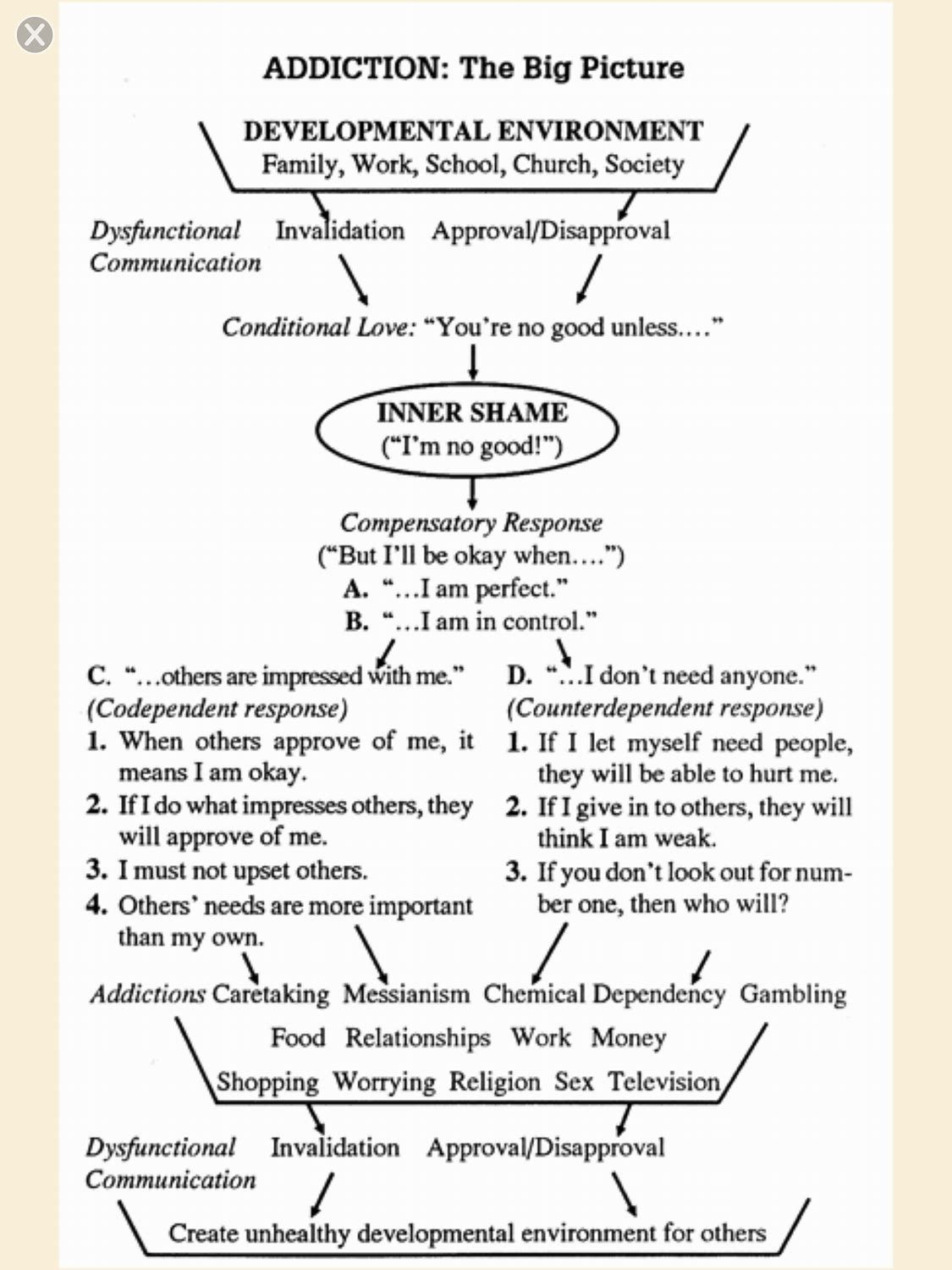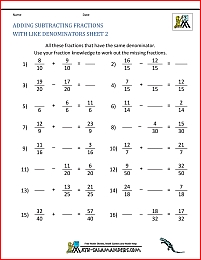Nuclear Decay Worksheet Solutions Made Easy

Nuclear Decay: Understanding the Process
Nuclear decay, also known as radioactive decay, is a process in which unstable atomic nuclei lose energy by emitting radiation in the form of particles or electromagnetic waves. This process is a fundamental concept in physics and chemistry, and it has numerous applications in fields such as medicine, energy, and environmental science.
Types of Nuclear Decay
There are several types of nuclear decay, including:
- Alpha Decay: In this type of decay, an unstable nucleus emits an alpha particle, which consists of two protons and two neutrons.
- Beta Decay: In this type of decay, an unstable nucleus emits a beta particle, which is either a positron (the antiparticle of an electron) or an electron.
- Gamma Decay: In this type of decay, an unstable nucleus emits gamma radiation, which is a form of electromagnetic radiation.
- Spontaneous Fission: In this type of decay, an unstable nucleus splits into two or more smaller nuclei, releasing a large amount of energy in the process.
Nuclear Decay Worksheet Solutions
Solving nuclear decay problems can be challenging, but with the right approach, it can be made easy. Here are some steps to follow:
- Identify the Type of Decay: Determine the type of decay that is occurring. Is it alpha, beta, gamma, or spontaneous fission?
- Write the Decay Equation: Write the equation for the decay, including the parent nucleus, the daughter nucleus, and any emitted particles or radiation.
- Balance the Equation: Balance the equation by ensuring that the number of protons and neutrons on the left side of the equation is equal to the number on the right side.
- Calculate the Energy Released: Calculate the energy released in the decay process using the mass defect formula: ΔE = (m_parent - m_daughter - m_particle) * c^2
💡 Note: Make sure to use the correct units for energy (usually MeV) and to round your answers to the correct number of significant figures.
Example Problem 1: Alpha Decay
Problem: Uranium-238 undergoes alpha decay to produce thorium-234. Write the decay equation and calculate the energy released.
Solution:
- Identify the Type of Decay: Alpha decay
- Write the Decay Equation: ²³⁸U → ²³⁴Th + α
- Balance the Equation: ²³⁸U → ²³⁴Th + ⁴He
- Calculate the Energy Released: ΔE = (238.05 - 234.04 - 4.00) * 931.5 = 4.25 MeV
Example Problem 2: Beta Decay
Problem: Carbon-14 undergoes beta decay to produce nitrogen-14. Write the decay equation and calculate the energy released.
Solution:
- Identify the Type of Decay: Beta decay
- Write the Decay Equation: ¹⁴C → ¹⁴N + β
- Balance the Equation: ¹⁴C → ¹⁴N + e⁻ + ν
- Calculate the Energy Released: ΔE = (14.01 - 14.00 - 0.00) * 931.5 = 0.16 MeV
Common Mistakes to Avoid
- Not balancing the equation: Make sure to balance the equation by ensuring that the number of protons and neutrons on the left side of the equation is equal to the number on the right side.
- Not using the correct units: Make sure to use the correct units for energy (usually MeV) and to round your answers to the correct number of significant figures.
- Not identifying the type of decay: Make sure to identify the type of decay that is occurring, as this will affect the solution.
Conclusion
Nuclear decay is a complex process, but with the right approach, it can be made easy. By following the steps outlined above and avoiding common mistakes, you can solve nuclear decay problems with confidence.
What is nuclear decay?
+
Nuclear decay, also known as radioactive decay, is a process in which unstable atomic nuclei lose energy by emitting radiation in the form of particles or electromagnetic waves.
What are the types of nuclear decay?
+
There are several types of nuclear decay, including alpha decay, beta decay, gamma decay, and spontaneous fission.
How do I calculate the energy released in nuclear decay?
+
The energy released in nuclear decay can be calculated using the mass defect formula: ΔE = (m_parent - m_daughter - m_particle) * c^2
Related Terms:
- Fisi nuklir
- Atom
- Inti atom
- Korosi
- Peluruhan radioaktif
- Nuclear decay Worksheet Answer KEY



